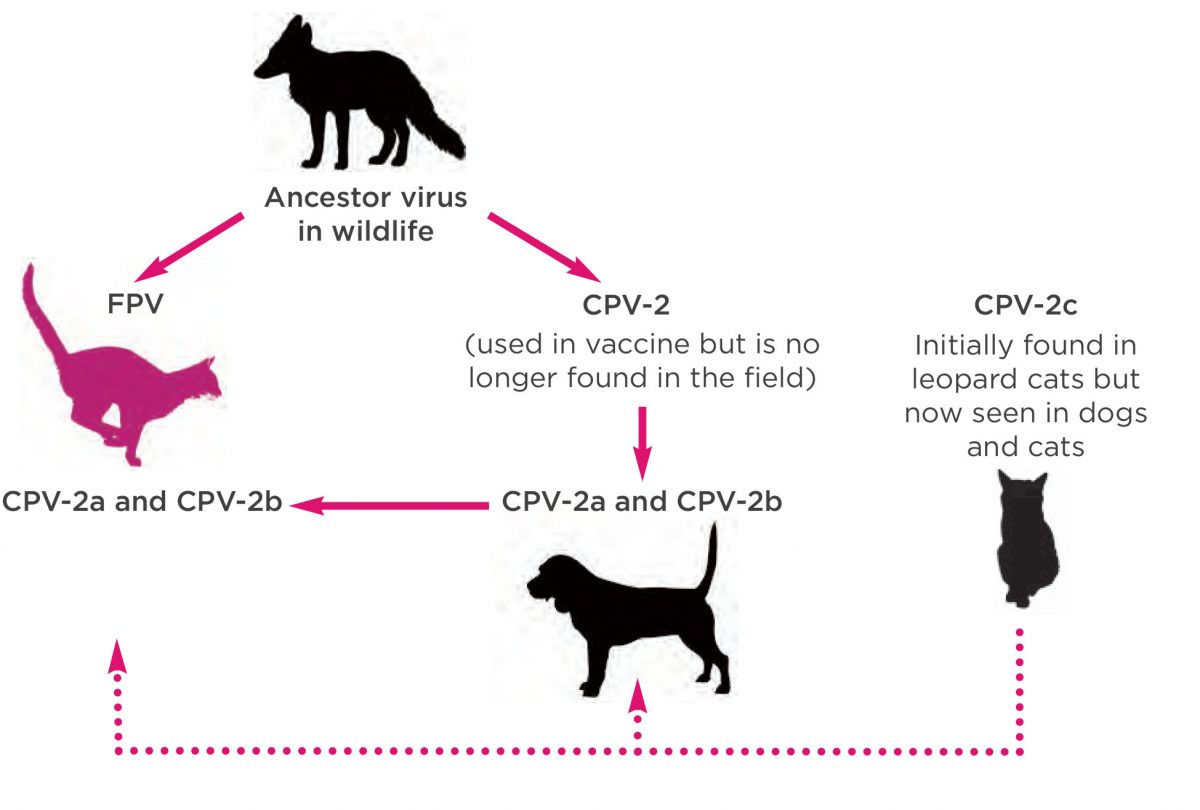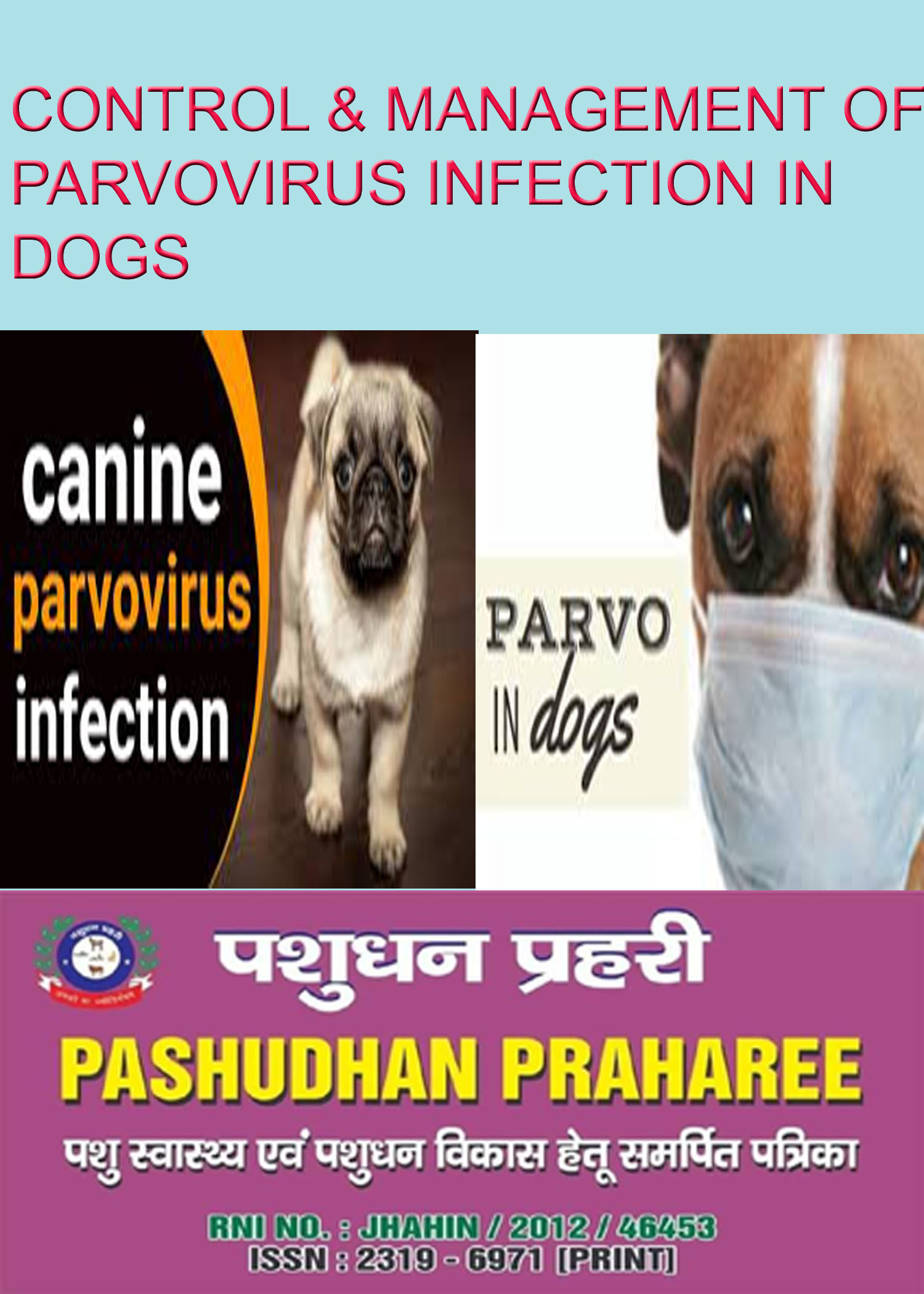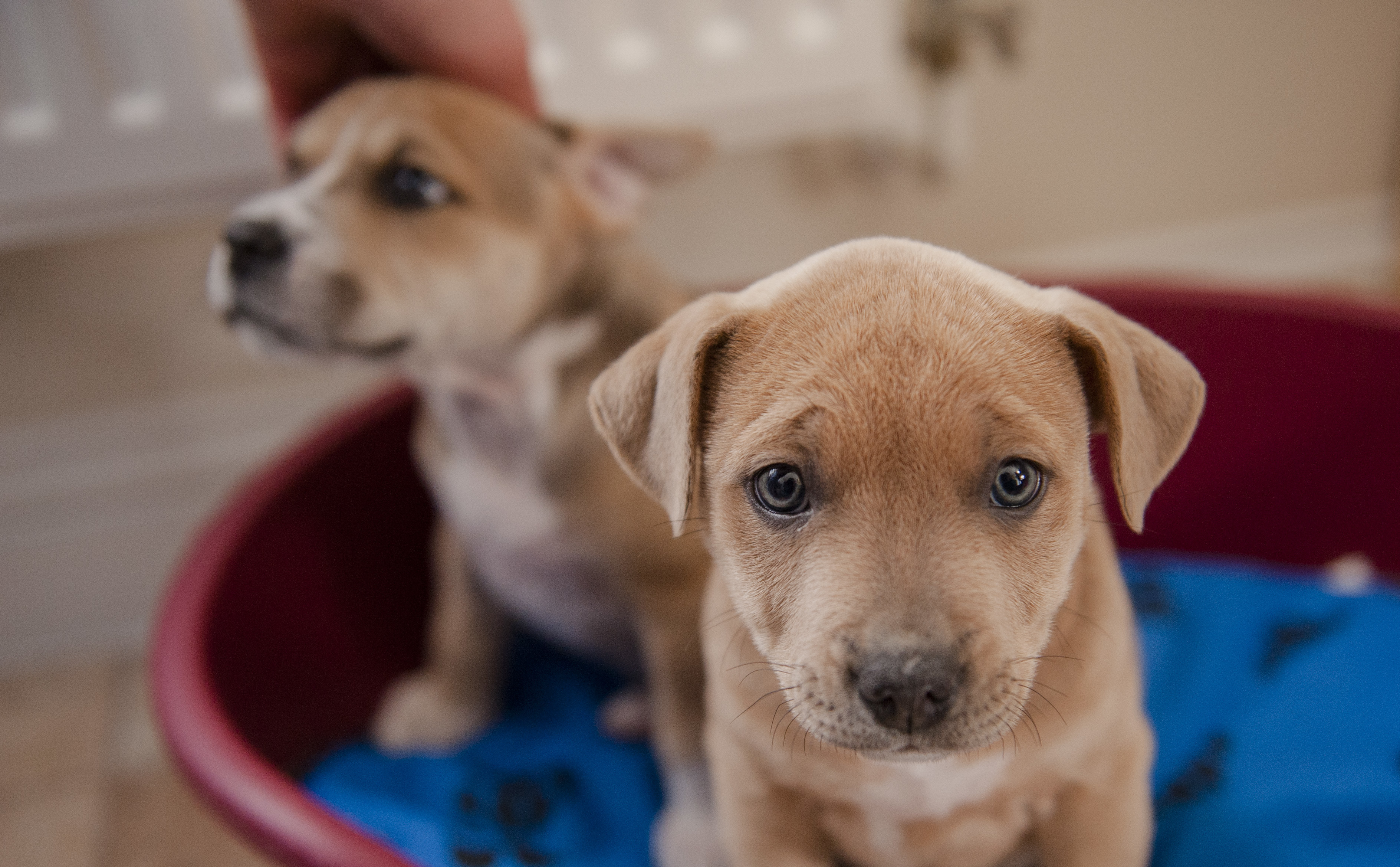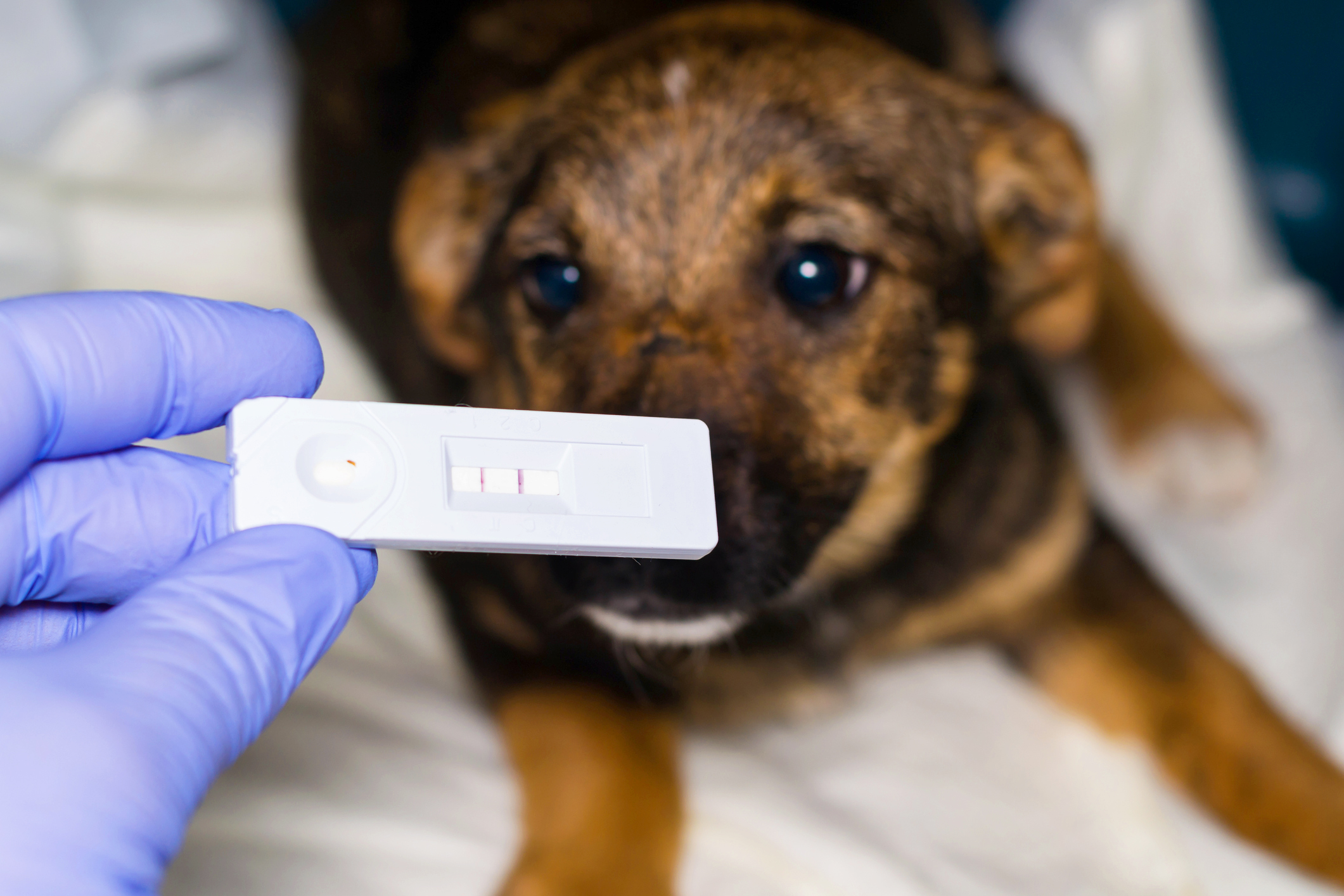Can Cats Get Parvo From Dogs

The simple answer is yes cats can catch Parvo from dogs.
Can cats get parvo from dogs. Researchers discovered that canine parvovirus infection is transferred from dogs to cats and vice versa. This goes against popular belief which has held sway for years that cats cannot get parvo from a dog. It is uncommon and unlikely but it can still happen.
The virus infects the walls of the intestines causing the interior lining of the intestines to slough. So yes a cat can catch PARVO from a dog and a dog can get it from a cat as well. The short answer is.
The feline panleukopenia virus FPV is not transmissible to the canine family. Parvovirus is among the most common and if left untreated potentially one of the most deadly. Your furry friends shield against infection endures because bone marrow is where blood cells have been produced.
It causes vomiting diarrhea which is often bloody lethargy depression pain and. Parvovirus is a highly contagious disease spread by the fecal material of affected animals. Parvo in dogs and cats are different in the strain of virus with dogs having the potential to be exposed to two separate strains CPV-1 and CPV-2.
If a host cat poops and a wandering dog happens to sniff and lick at the cats feces or eat something that was contaminated with it that dog can get infected. Parvo is species-specific so cats can get parvo but not the same strand dogs get. The most widely accepted theory about how canine parvovirus suddenly erupted on the scene with such disastrous results in the 1970s is that it mutated from the feline panleukopenia virus or another type of closely related parvovirus.
Puppies can be exposed by direct contact with infected dogs or direct contact with an infected dogs feces eg sniffing licking stepping in or consuming infected fecesThe virus can also spread through indirect transmission in several ways. People have always thought that these viruses are species-specific. It is possible even though it is uncommon and impossible.



















